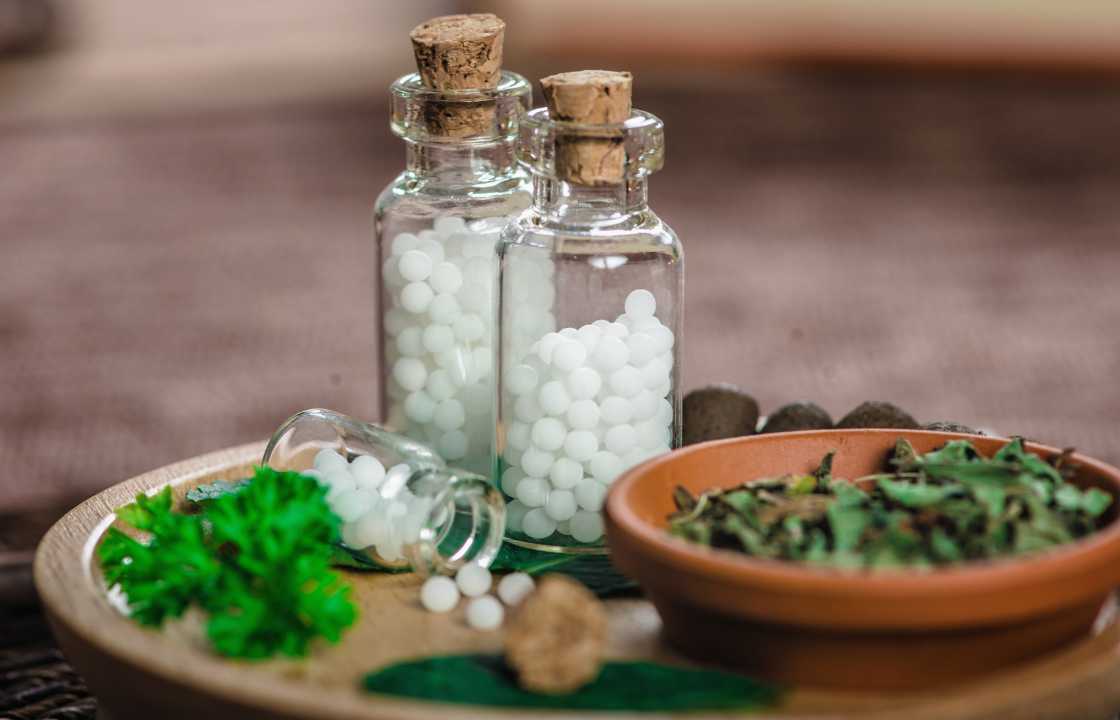Brain, Chronic, Disorder, Mental Health, Treatment
Classical Homeopathy for Chronic Migraine
Migraine is a multifaceted neurological disorder characterized by moderate to severe headaches, typically occurring on one side of the head. It is a widespread condition, affecting more than 12% of the global population. Strikingly, women suffer from migraines at almost three times the rate of men. These debilitating headaches often come accompanied by additional distressing symptoms such as nausea, vomiting, and heightened sensitivity to loud noises. Migraine episodes can persist anywhere from a few hours to several days and can manifest with or without an aura, a set of premonitory symptoms that signal an impending headache.
The Enigma of Migraine Etiology
Despite decades of research, the exact cause of migraines remains elusive. One prominent theory suggests that migraines have an inflammatory nature, influencing the activity of neurons within the brain. It is also acknowledged that migraine has a strong genetic component, meaning that it can run in families.
Migraine triggers can vary from one individual to another. Stress, hormonal fluctuations, an unhealthy lifestyle, exposure to strong odors, inadequate sleep, smoking, and alcohol consumption are all known to provoke migraine episodes. Understanding and managing these triggers can be instrumental in reducing the frequency and severity of migraines.
Conventional Approaches to Migraine Treatment
Traditional treatments for migraines typically involve the use of nonsteroidal anti-inflammatory drugs (NSAIDs) and anti-emetics, which alleviate pain and control vomiting. In severe cases, alternative approaches such as magnetic stimulation, nerve stimulation, non-painful remote electric neuro stimulation, and nerve blocking may be considered. However, it’s crucial to recognize that these medications offer only temporary relief and do not address the underlying causes of migraines.
Lifestyle Changes and Migraine Management
As a complementary strategy to conventional treatments, lifestyle modifications are highly recommended for migraine management. This approach aims to reduce the frequency and intensity of migraine attacks by addressing the root causes. Strategies include improving stress management, regular exercise, practicing breathing exercises, identifying and minimizing triggers, and enhancing the quality of sleep.
Homeopathy as a Solution for Migraine
Migraine is not merely a debilitating physical ailment; it can also lead to profound psychological distress, emotional turmoil, and a significant loss of work productivity, casting a shadow over one’s personal and professional life. While conventional medicine primarily focuses on symptom management, it often falls short when it comes to comprehensively addressing the underlying factors that trigger migraine recurrences and the holistic impact of this condition on an individual’s existence.
Classical homeopathic treatment offers a refreshing and holistic perspective. It seeks to understand and address not only the physical symptoms but also the intricate interplay of the psychological and emotional aspects of an individual’s complaints. In doing so, it aims to provide not just temporary relief, but a more profound, long-lasting improvement in overall well-being, mental health, and the quality of life. Homeopathy, with its patient-centered and individualized approach, endeavors to empower individuals to regain their equilibrium and experience life to the fullest without the constant burden of migraines.
A Case Study: Chronic Migraine Treated with Homeopathy
To illustrate the effectiveness of homeopathic treatment for migraine, we present a case study of a 35-year-old woman who sought homeopathic care in March 2019. She had been experiencing recurring one-sided headaches that extended to her eyes, accompanied by nausea, for the past five years. These episodes were severe, lasting 1-2 days, and she relied on NSAIDs to manage the pain. Her sleep quality was also affected, and she suffered from constipation with abdominal bloating.
The patient had no family history of migraines but had a personal medical history of idiopathic thrombocytopenia and severe depression in the past, for which she had received conventional medication.
Upon further investigation, it was revealed that the patient was enduring an emotionally taxing relationship. She felt guilty for the situation but also experienced a significant blow to her self-worth due to her partner’s behavior. This emotional turmoil seemed to be the root cause of her headaches, which had persisted for many years. Homeopathy, which delves into the sensitive areas of an individual’s psychological makeup and stress responses, offered a tailored remedy.
Based on the patient’s specific emotional state and the characteristics of her headaches, a single dose of the homeopathic remedy Lachesis 30C was prescribed. Following the remedy, the patient initially experienced a slight intensification of her headaches, a phenomenon known as “homeopathic aggravation.” This temporary exacerbation can occur when the patient is healing on deeper psychological levels. It was followed by an improvement in her migraine symptoms and an overall sense of well-being. Gradually, her constipation also improved, and she felt emotionally more resilient to challenging situations. Over the course of a few months, her migraine episodes decreased in both intensity and frequency, eventually ceasing altogether. She no longer required painkillers.
The remedies mentioned in this case were meticulously selected based on the patient’s unique symptoms and emotional state. Homeopathy’s individualized approach seeks to address the specific needs of each patient, leading to significant improvements in their quality of life, rather than merely alleviating symptoms.
The Promising Landscape of Homeopathic Treatment
Cases like the one presented here underscore the tremendous potential of homeopathy as an effective and holistic approach to managing chronic conditions like migraines. Homeopathy’s unwavering focus on comprehending the individual’s emotional and physical state enables it to offer profound, long-lasting relief, tapping into the body’s innate healing capacity. The countless success stories in homeopathic treatment vividly illustrate its potential to enhance the well-being of individuals worldwide, fostering a renewed sense of vitality and equilibrium.
If you are genuinely interested in mastering the art of practicing homeopathy with skill and precision, I wholeheartedly encourage you to embark on this transformative journey by registering for a complimentary 10-day trial with Vithoulkas Online homeopathy course. This comprehensive educational platform can provide you with invaluable insights, knowledge, and practical skills to empower you in your mission to assist others on their transformative journey to improved health and well-being through the profound healing potential of homeopathic remedies.

